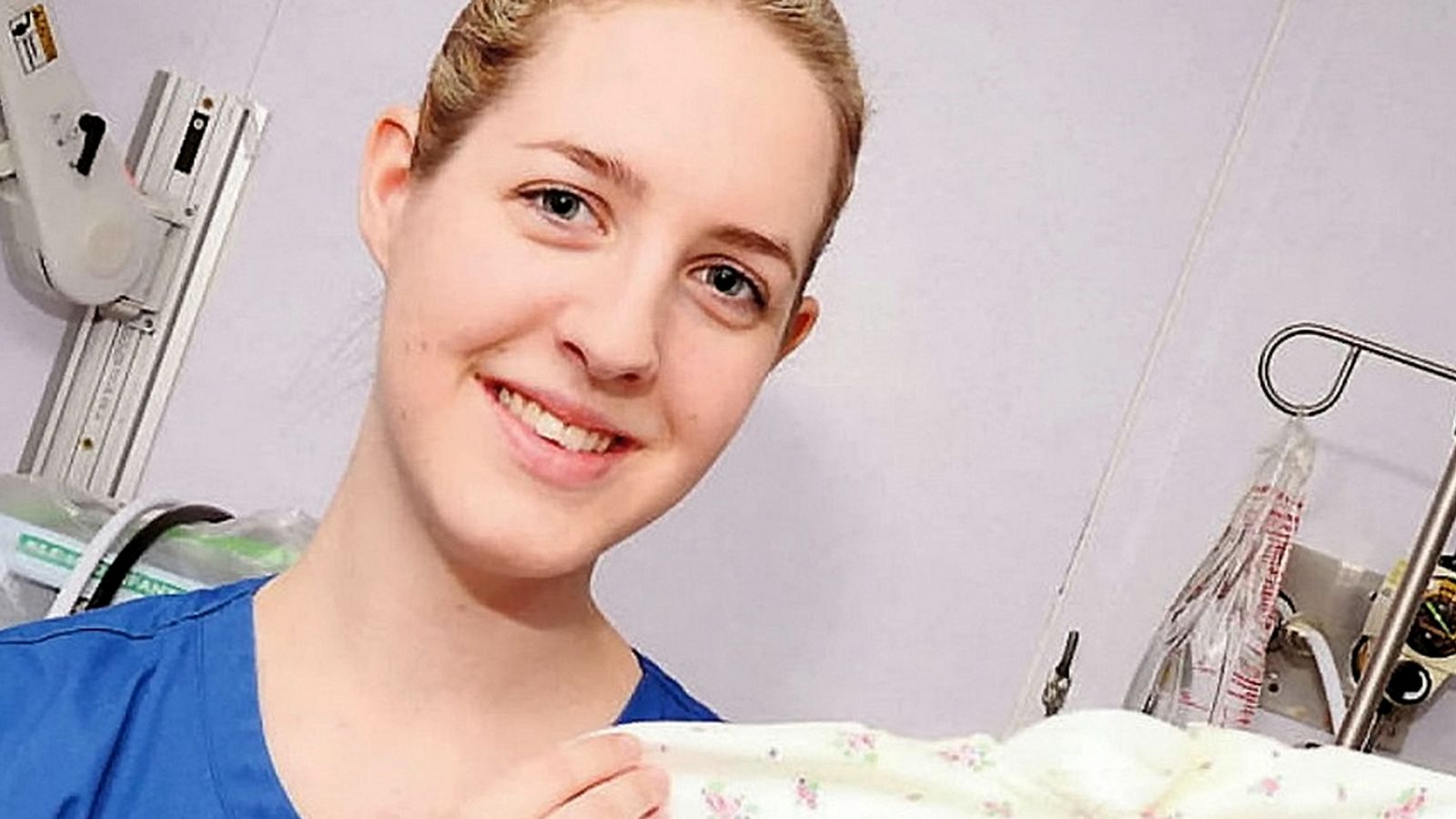If Ukraine’s counteroffensive has moved more slowly than many in the West had hoped, it has also proven more costly in terms of human lives.
The fighting has been brutal – and bloody – as the Russians use mass artillery and minefields to defend territory seized earlier in the war.
An information blackout has been imposed by the Ukrainians to protect operational tactics, but post-battle accounts by individual combatants reveal the perilous nature of the fighting at the front.
The toll, both physically and emotionally, has been considerable.
Live updates: Zelenskyy hits out at ‘absurd’ NATO delays
Sky News has interviewed two foreign volunteers who have been fighting in the Ukrainian army for the past 17 months. Their accounts have been supported by additional testimony provided by several other foreign volunteers.
Rhys Byrne, codename ‘Rambo’, is a spirited 28-year-old from Dublin. He has fought for a number of units in Ukraine, including the 59th brigade in the Ukrainian territorial army where he operated a heavy machine gun.
Volodymyr Zelenskyy criticises ‘absurd’ lack of timetable for Ukraine to join NATO as he arrives at summit in Vilnius
Ukraine has ‘window of opportunity’ this year to take back territory from Russia before ‘war fatigue’, says Czech Republic’s president
Despite major lobbying by Kyiv, speedy accession to NATO is very unlikely
He says the battle to reclaim territory has been horrific. “On ‘zero line’ it’s horror. It’s horror. There is just a genocide. It’s slaughter.
“There are dead people everywhere. Russians dead. Ukrainian people dead…. the biggest problem we get when we’re going into trenches is stepping over all the dead bodies that are already there from the last people [who] went in – that kind of stuff really haunts you.”
We met him at a respite centre in eastern Ukraine, a sanctuary used by army volunteers who have been granted leave from the front.
Byrne told us about an engagement that he called “the final straw” – an encounter with a Russian tank and Russian troops – that nearly got him killed.
He says: “We were told there [was] a Russian trench line and our job is to go into the trenches and clear them out and hold them until the auxiliary units come and then we go back.”
The unit, with 40 members – including Ukrainians, Americans and Britons – were taken to a staging area near the front or ‘zero line’ – but Byrne said they had no air cover, or drones, and a pair of Ukrainian tanks withdrew from their position.
In the distance, another tank approached them and unit members assumed it was friendly. Soldiers say it can be difficult to differentiate between Ukrainian and Russian vehicles.
Suddenly, it fired a shell into the middle of their position. Those who survived took cover in the woods.
In footage recorded on the Irishman’s body camera, we see a unit member on his radio calling for assistance, as the tank shells landed nearby.
Amid the chaos, salvation appeared in the form of a Ukrainian pick-up truck, which had been driven into the area by a soldier looking for a missing satellite communication receiver.
Spotted by Bryne’s unit, they scrambled into the back but Byrne said they were spotted by the Russians. An enemy tank began to chase them.
“Now we have the tank literally coming out, starting to chase us. And that’s terrifying when you see a big T-72 coming for you and you’re in a Humvee pick-up.
“Yeah, it’s like a hot knife through butter. You’re finished. So, again, all of us are screaming drive the Humvee, drive the Humvee. I was going mental.”
Be the first to get Breaking News
Install the Sky News app for free
His friend and colleague, a Danish fighter nicknamed ‘Polar’, was sat next to him in the Humvee. He watched a Russian shell sail over their heads.
“We are not supposed to be alive. I mean, we were closer than close to death, it was closer than close… it was really f***** up.”
Read more:
Ukraine has ‘window of opportunity’ to take back territory from Russia
Despite major lobbying by Kyiv, speedy accession to NATO is very unlikely
Sunak calls on NATO allies to increase defence spending
This sanctuary for soldiers is run by a muscular pastor called Owen Panoma. The New Zealander has also served as a chaplain to a number of Ukrainian brigades.
He says there are thousands of foreign volunteers fighting for Ukraine and many of them need someone to talk to.
“[The centre] is a source of some sort of support, you know, to sit there [and ask] where are you from? You got kids? You know, basically to take their mind off the war.”
No one is pressured to communicate but Panoma says the trauma generally makes itself known.
“They sleep talk. They scream. [In the] night-time you come out to go to the toilet, ‘you guys alright?’ and the guys wake up. You know, they don’t realise what they’re doing. They may not be aware of what they’re actually doing because it’s quiet here, out there it’s not.”
Byrne and his friend ‘Polar’ have had enough of the war. After 17 months in places like Bakhmut and Zaporizhzhia, we watched them make their way to the train station, at the beginning of their long journey home.
The past had been secured in the bottom of their rucksacks – but the Dubliner admits that he won’t be able to leave it all behind.
“It should become a memory for me. That’s all it will be. A memory that I’ll try to push, push, push behind that I hopefully forget. [But] I know it’ll haunt me. It will come back.”







